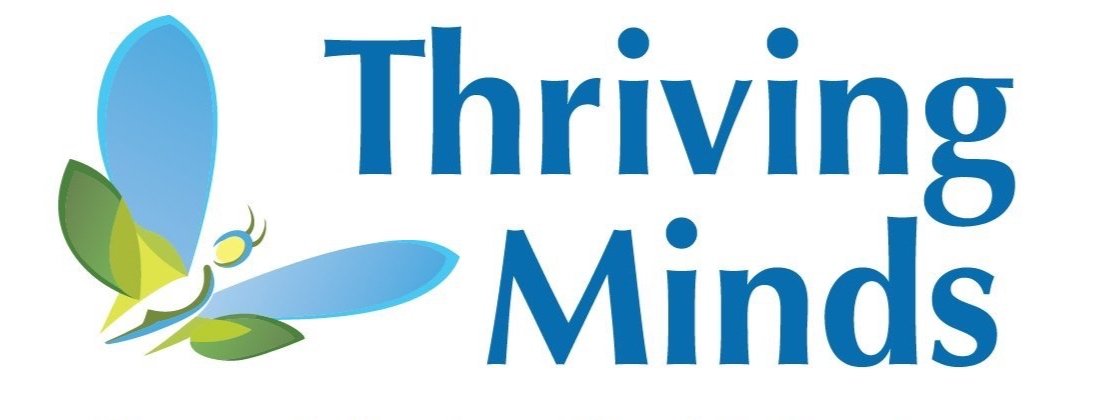When Your Child “Doesn’t Care” About Consequences
You tell your child they’ll lose tablet time if they keep yelling—and they yell louder. You remind them again, and they shrug, “I don’t care!” Sound familiar? Here’s what’s really happening when consequences don’t work, and what you can do instead.
Why Consequences Sometimes Fall Flat
1. Kids say “I don’t care” when they’re dysregulated
When children are upset, their emotional brain takes over and their logical brain temporarily goes offline. In that state, they can’t process cause-and-effect reasoning or think about consequences. When your child yells or melts down, they may not be defiant—they may just be overwhelmed.
What to do: Focus on helping your child calm down first. Use deep breathing, offer a break, or give them space to cool off. Once they’re calm and able to think rationally, revisit the issue with curiosity: “What happened earlier? What could we try differently next time?”
2. Parents don’t (or can’t) follow through consistently
Kids pick up on patterns quickly. If a consequence is enforced sometimes but not others, they quickly learn there’s a chance they can avoid it. Inconsistent follow-through sends the message that limits are negotiable—and that arguing might work.
What to do: Pick smaller, realistic consequences you can enforce every time. Losing tablet time for a week may feel impossible to maintain, but losing it for 30 minutes is manageable. Pick limits you can follow through on—consistency is key.
3. The consequence doesn’t connect to what matters to them
A consequence only works if it impacts something the child actually values. If the privilege being removed isn’t meaningful or the child is too discouraged to care, it won’t motivate change. And because children’s interests can shift from week to week (or even day to day), what worked as a motivator yesterday might not matter tomorrow.
Many parents don’t want to take away something truly meaningful, like video games or playdates, especially if those activities help their child relax or connect with friends. In these cases, it can help to reframe privileges as things that are earned, rather than automatically given. For example, instead of “You’re losing your video game time,” try, “Video game time is something we earn by getting homework done first.”
This shift can reduce guilt for parents and make expectations clearer for kids. It helps children understand that privileges come with responsibilities—and that they have control over earning them back through positive behavior.
What to do:
Check in often about what matters to your child. Their motivators will change, so keep the conversation going.
Reframe privileges as earned opportunities. This emphasizes responsibility and helps parents feel more comfortable setting limits.
Link consequences to real life: “When you forget homework, you’ll need to talk with your teacher about making it up.”
Focus on Positive Reinforcement
Consequences can be useful, but they’re just one part of helping children learn. When we focus only on what goes wrong, kids can feel discouraged, misunderstood, or resentful—and we miss valuable chances to build on what’s already working.
Try to use positive reinforcement as much as possible. This doesn’t just mean ignoring misbehavior; it means balancing correction with attention to progress and effort. Notice and name specific positive behaviors:
“You started your homework without reminders—that shows responsibility.”
“I really like how you took a break when you felt frustrated.”
Rewards can also help, but they don’t need to be material. Children often value time, attention, and connection from caregivers most. Playing a board game, cooking together, or sharing a walk can be powerful motivators. Over time, this positive reinforcement builds confidence, cooperation, and self-regulation—skills that last much longer than any imposed consequence.
How to Make Consequences Work—Without Power Struggles
1. Stay calm and brief.
When setting limits, use a steady tone and short phrases. “You can play after homework” is clearer (and more effective) than a long lecture.
2. Don’t over-explain.
Once you’ve stated the consequence, stop negotiating. Over-talking can give the impression that the limit is up for debate.
3. Reconnect afterward.
After the dust settles, circle back: “I love you, and I know today was tough. Let’s try again tomorrow.” Repair reinforces security and keeps discipline grounded in relationship.
4. Focus on skill-building, not punishment.
The goal is to teach skills—like flexibility, frustration tolerance, and problem-solving—not to make kids feel bad. If a consequence doesn’t teach, it’s just a punishment.
Final Thoughts
When your child says, 'I don’t care,' it’s often a sign to dig deeper—not to give up. By focusing on calm regulation, consistent follow-through, meaningful consequences, and positive reinforcement, you help your child learn accountability in a way that preserves confidence—and your relationship.

